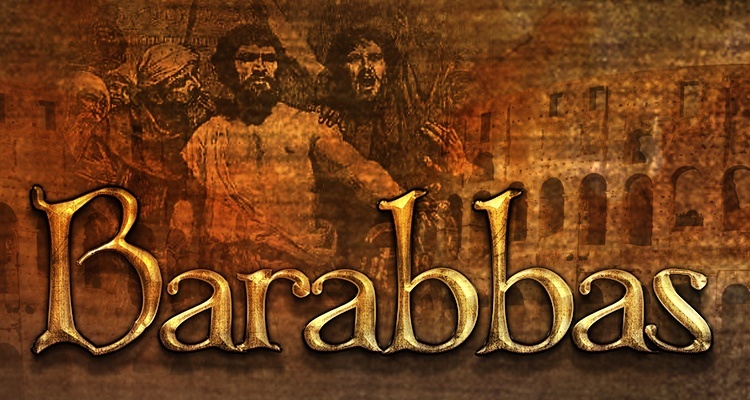“And they cried out all at once, saying, Away with this man, and release unto us Barabbas,” (Luke 23:18).
Imagine being a jury of one who must determine, between a known murderer and a benevolent restorer of life, who you will set free and who you will sentence to death. And suppose at the time of the trial the courtroom is full of spectators with an interest in the outcome. Picture how bizarre it would be if when you chose to sentence the murderer and let the healer go free, the entire courtroom in unison rose from their seats and began to shout, “Release the murderer and hang the healer!”
But this is exactly what happens when Pilate asks the crowd in front of the governor’s palace a similar question. While sitting on the judge’s seat, Pilate’s wife sent him this message: “Don’t have anything to do with that innocent man, for I have suffered a great deal today in a dream because of him,” (Matt. 27:19).
While looking for a way out of this most serious predicament, Pilate thinks if he puts an absurd choice between a known murderer and an innocent before the crowd that they will make the obvious choice, and he’ll be able to remove himself from the decision. And yet the answer that comes back from the riotous crowd when he asks, “Do you want me to release ‘the king of the Jews’?” is “No, not him! Give us Barabbas and crucify Jesus!” (John 18:39-40).
Just how spiteful and malicious does human nature have to become to find itself so far below the bounds of love and justice and even pity to make such a choice? How much unreasonable perverseness is required to allow the murderer, Barabbas, to live while sentencing Christ, who only went about doing good, to death?
The distance between heaven and earth are not so wide as we find here where the crowd prefers the author of sedition to the Prince of peace and a murderous rebel to a merciful Savior. And yet Adam preferred that seductive, mutinous murderer the devil to God himself. God tells them, “eat and you shall die,” (Gen. 3). But the serpent counters, “you shall not die but you will be like gods.” Adam and Eve reject God’s truth and choose instead to trust the serpent’s beguiling lies. Thousands of years later there is another choice for man to make, and the answer rings out loud and clear, “Release Barabbas to us and crucify Jesus!” (Luke 23:18, 21).
There is no other name under heaven by which they could be saved, and yet it appeared there was no one on earth they hated more than the Son of God (Phil. 2:9-10). Today we are not charged with the decision to crucify Christ or let him go free, but we are called upon to love him fully, take up his cross and follow him … or be left to chase after some lesser god of our own making. In the face of that decision, whom do you choose?
Contemplations:
- O my blessed Savior, by your death you freed two notorious malefactors from theirs – this seditious murderer Barabbas and that thief on the cross. The one you freed from the death of his body, the other from the death of his soul, both in order to assure me that it is none other than your death that can free me from that death which is of both body and soul.
- Lord, let me never think that you will redeem my soul from death without first setting it free from sin’s bondage – those powers of sin and darkness. One relates to damnation and the other to dominion, and yet the two are inseparable; where you redeem from one, you also redeem from the other.
- Lord, how often have I preferred the temptations of Satan and neglected your commands, thereby rejecting you. How often have you offered yourself to me in your word, your sacraments, and nudges of your Spirit, and I have not released you to work in my life? Has my careless neglect of those free offers resounded with Pilate words, “what have I to do with thee, Jesus thou Son of God?” And yet how often would you have gathered me under your wings, as a hen her chickens (Matt. 23:37)? How often do you still offer yourself to my heart, crying, “Why will ye die? Come unto me; return, return!”
Further References for Luke 23:18:
John 18:40; Matthew 27:16; Mark 15:7; Acts 3:14


